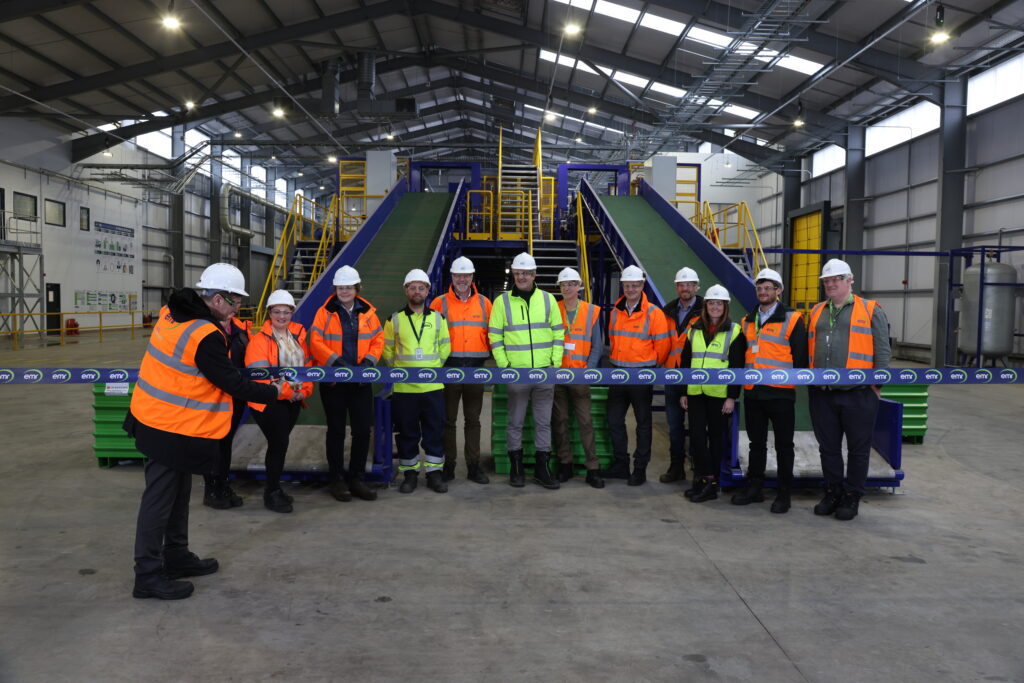And, councils face a 2m price tag to upgrade civic amenity sites to help deal with the 170,000 tonnes of appliances requiring disposal each year in London.
Those were the conclusions of a report by the London Assembly environment committee, issued late last week. It said that collection points at retail centres for discarded equipment would be unworkable, since people rarely took their old equipment with them when they went shopping for appliances.
”Nearly half of the capital’s households do not own a car. Expecting us to cart our vacuum cleaners to a recycling centre, which could be miles away, is useless.“
– Samantha Heath, London Assembly
Relying on the public to take discarded appliances either to shops or to civic amenity sites was of doubtful use in a city where almost half the residents have no access to a car, the report noted.
It also pointed out that, unlike in the rest of the country, many electrical retailers in London had premises on congested high streets rather than in retail parks, and so were unlikely to have space available to store old equipment.
Committee chair Samatha Heath said: “Nearly half of the capital’s households do not own a car. Expecting us to haul old microwaves with us when we are shopping for a new one, or cart our vacuum cleaners to a recycling centre, which could be miles away, is useless.”
The intention of the Directive was welcome, the committee said, because it should lead to increase reuse and recycling and prevent the inappropriate disposal of hazardous materials.
Cost
But civic amenity sites would need to be upgraded, at a potential cost of 2m to deal with unwanted electrical and electronic appliances, the committee warned. Large sites could be reconfigured to accommodate the necessary facilities, while separate bins could be provided at smaller ones.
Consultants employed by the committee put the cost of separate WEEE facilities at these sites at up to 80,000 each, with a 30,000 cost for bins at small sites. Labour and collection costs could add up to 20,000 of this total.
The 2m estimate was arrived at assuming that 10 sites would need the most costly reconfiguration, while the remaining 29 in London would need lesser work.
The report called on the boroughs to improve doorstep collection services so that residents could rely on a regular collection for bulky goods. This would prevent old electrical and electronic equipment being damaged by rain, or left in an unsightly heap, while awaiting a collection made by an appointment system.
Private firms should seize the chance to demonstrate corporate social responsibility by funding collection and reprocessing systems, the committee suggested. Four bulking and pre-treatment facilities should be established around London with support from mayor Ken Livingstone and London Remade, it said. This would help to maximise the amount of equipment reprocessed.
Refurbishment
The report urged encouragement for refurbishment because “it tends to require less energy and fewer resources to refurbish a product than to reprocess its components”.
Washing machines that have been refurbished, it said, sell at 1,500 per tonne, compared with 65 per tonne as scrap value.
But the report said that few people would dispose of unwanted appliance in a manner that allowed either reuse or recycling unless there was a simple collection system.
Markets for refurbished goods could be expanded through public sector procurement reforms, for example by requiring social housing landlords to install good quality refurbished appliances rather than new ones in their homes.
The report, EU Directives affecting waste electrical and electronic equipment, is available on the London Assembly website.











Subscribe for free